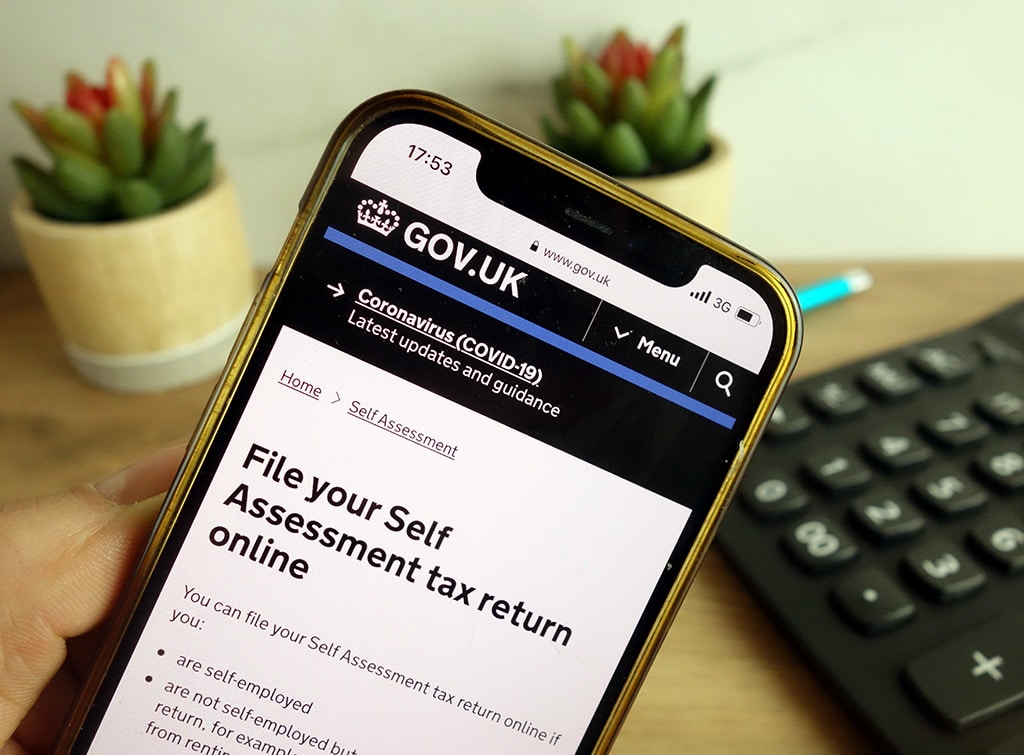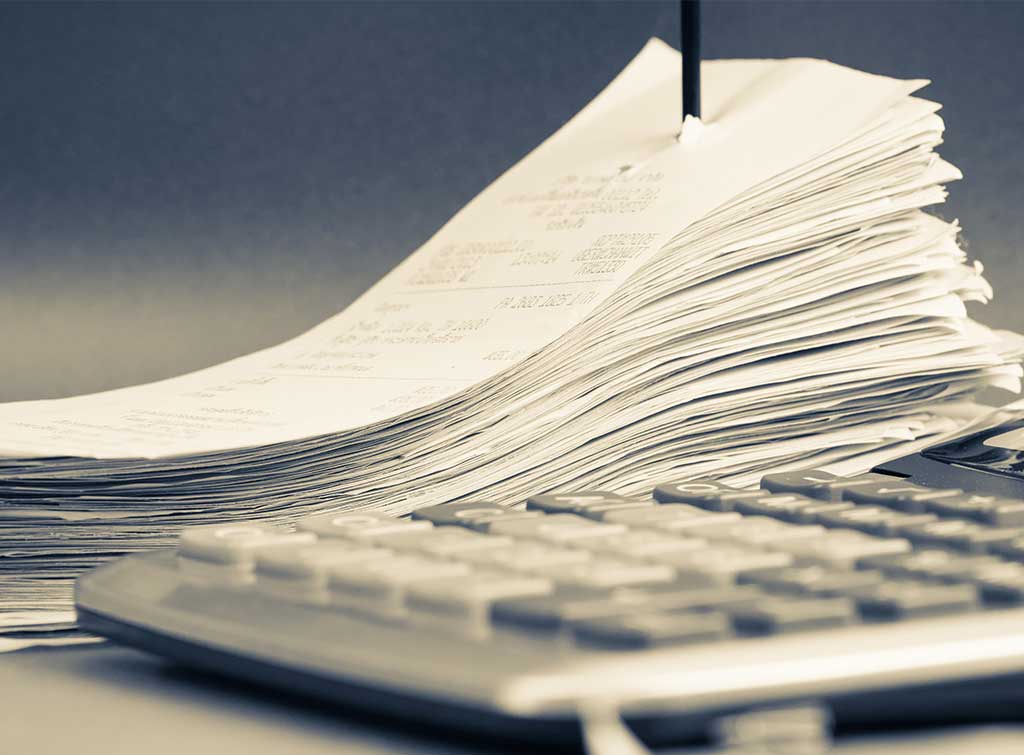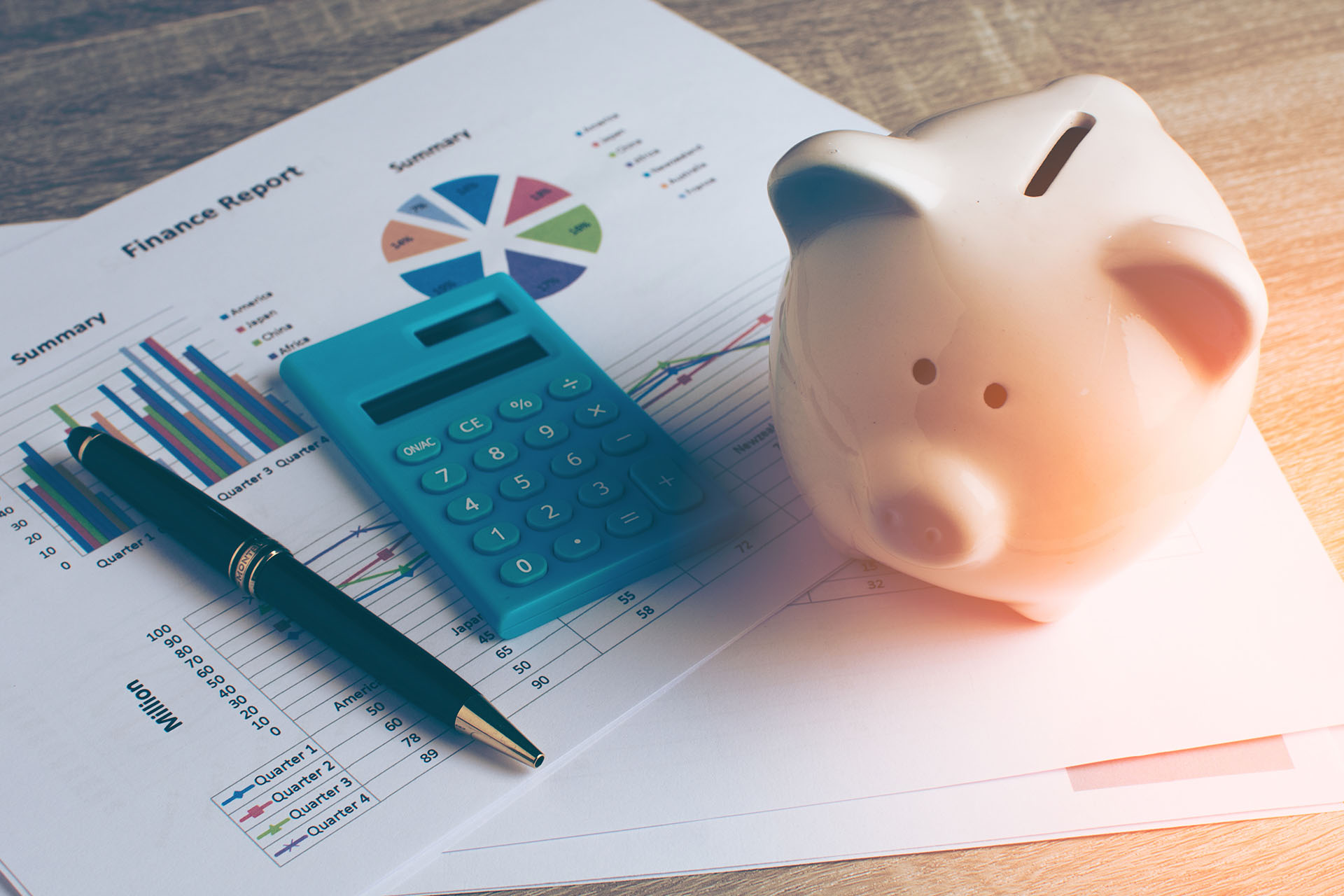Blog>Trade>Finance>Understanding small business accounting for tradespeople
Last updated: 19 December 2024
Understanding small business accounting for tradespeople
Understanding your business's finances is fundamental to its growth and continued success. But it can also be tricky to wrap your head around if you’re just starting out. Keep reading to learn more about small business accounting so you can track your finances.
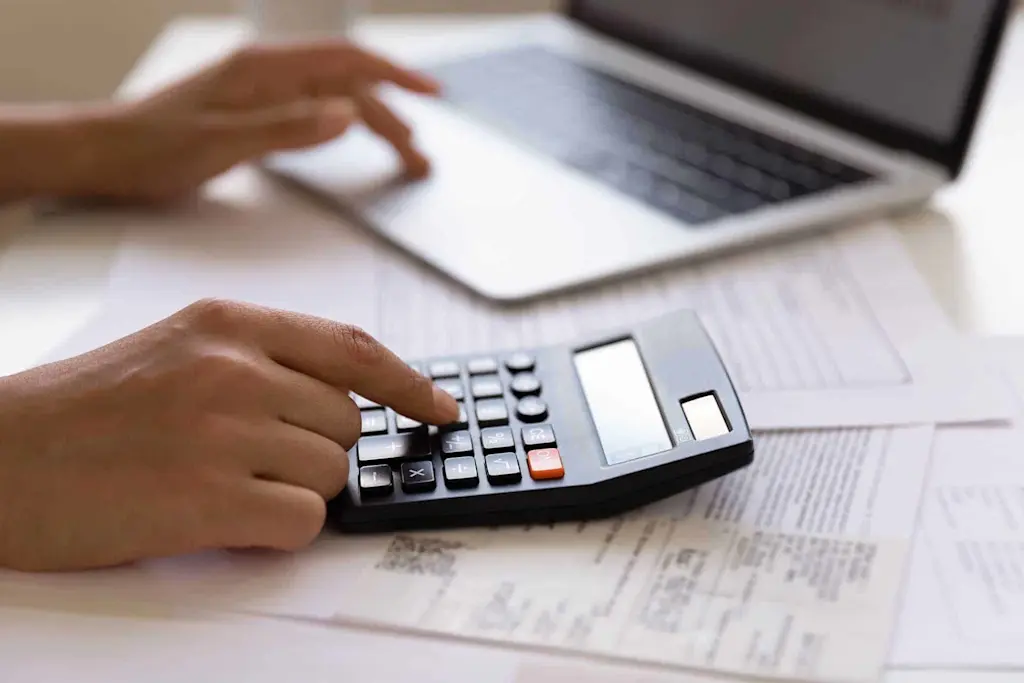
Understanding small business accounting
It doesn’t matter if you’ve run your business for years or are just starting out, business finance can be tricky. This is especially true if numbers aren’t normally your thing.
But the good news is that small business accounting isn’t as difficult as it might seem.
So, rather than suggesting you hire an accountant immediately, we’re going to teach you the secrets to good finance management.
From staying organised to working out accounting costs, let’s look at what you need to know for accounting for small businesses!
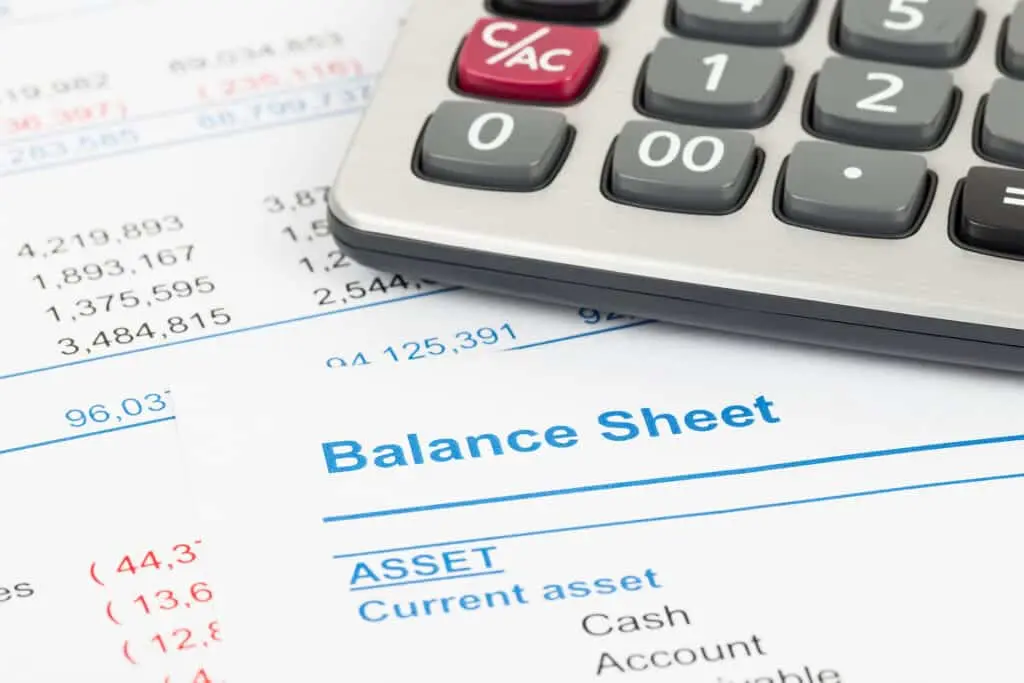
What is accounting for small businesses?
First things first, let’s break down exactly how business accounting differs from bookkeeping. And why they’re important to separate to make your overall business accounts easier to understand:
Small business bookkeeping
Bookkeeping is what underpins your business accounting as a whole and it’s essentially the first part of the accounting process.
With bookkeeping, you follow the process of recording, organising, and reporting your company's financial information. This lets you more easily interpret the raw financial figures down the line.
Small business accounting
So, if bookkeeping is the first step in the accounting process, then accounting is obviously the rest.
With accounting, your main focus is on the interpretation and presentation of this financial data in a readable manner.
This in turn allows you to gain a better understanding of how your business is performing. Helping you to make more informed business decisions and find out how much tax you owe.
Save time with your business finances
Use our simple quoting/invoicing tool as a Checkatrade member
How to do accounting for small businesses
With an understanding of what accounting for small business practices involves, let’s look at how to actually do your accounts. So, to start with, you need to make sure your bookkeeping is done.
Once this is out of the way, you can then turn your attention to summarising this data. Here, you’ll need to outline the yearly financial performance of your company under three reports:
A balance sheet
An income statement
A cash flow statement
These in turn will cover the following financial areas:
Your overall sales
Your total outgoings
Your business’s current assets (stock, machinery, equipment, etc…)
Any finances that you owe or are owed for this financial year
Tax calculations based on your income and other areas so you can pay the right amount of tax to HMRC, as well as working out your tax deductibles
With these documents to hand, you can use them to examine your financial approach for the coming year.
Why it’s important to hit your self-assessment deadline
Why you need to know about the self-assessment deadline The self-assessment deadline covers both filing your tax return and paying the tax you owe. Tax deadlines for small business are important dates to remember for several reasons: You could face fines for late filing or payment You need to
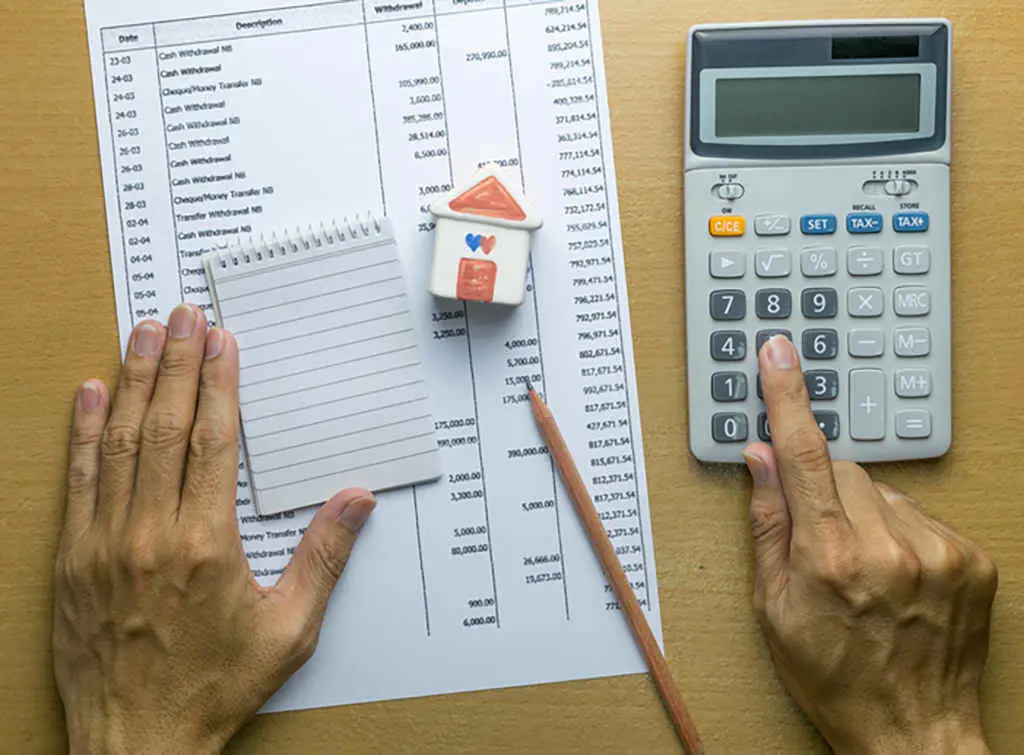
Should I hire an accountant to handle my accounts?
It goes without saying that simply stating what documents you need to write up can only help so much. That’s why we’d highly recommend using an accountant to make the process easier.
This means that all you really need to do is keep your general finances organised throughout the year. Your accountant will handle the actual document creation and then help you interpret it correctly.
This in turn will give you a clearer ongoing picture of your business's finances. As well as highlight potential growth plans and check you’re compliant with taxes.
Both of which are invaluable for effective cash flow management.
How much does an accountant cost?
Like many financial services, the price of an accountant's time will vary depending on the services you need. Below is a breakdown of what you could expect to pay any accountant you use:
Basic bookkeeping – £25 - £35 per hour
Tax planning – £150+ per hour
A tax returns – £150 - £250+ per return
A combined package – £60 - £250 per month, depending on the size of your business
However, these numbers are by no means fixed, and the accountant you hire may very well charge more or less.
Get more work coming your way
Checkatrade members find more jobs and save on essentials
Using software to aid in accounting for small business
As you can see, accounting for small business practices is by no means simple.
That is why you might want to consider using accounting software to simplify the process. Especially if you plan to do your accounting personally.
Thankfully, there are plenty of user-friendly apps on the market.
Making it easy to find one that'll suit the needs of your business. Though we’d certainly recommend keeping an eye out for apps that provide the following:
1. Basic features
Good accounting software should provide the following basic features:
Invoice creation
Quote preparation
Provide estimates
Digital storing of purchase orders
2. Advanced features
On top of these basic features, the best apps may also offer the following additions**:**
The ability to view cash flow forecasts
Preparation of digital certificates
Tracking of your team's scheduling
The submittal of VAT returns directly to HMRC
Something to consider too is that we help our members make savings on business essentials such as Quickbooks. Want to enjoy accounting software for less?
Checkatrade members can save 75% on the first 12 months of QuickBooks Software*
As well as your tools, workwear and vehicles, the support you get for your trade business can make a big difference to your success. QuickBooks Software is designed for accounting and bookkeeping, helping you stay on top of your finances. With Checkatrade, you can make great savings on that too! We
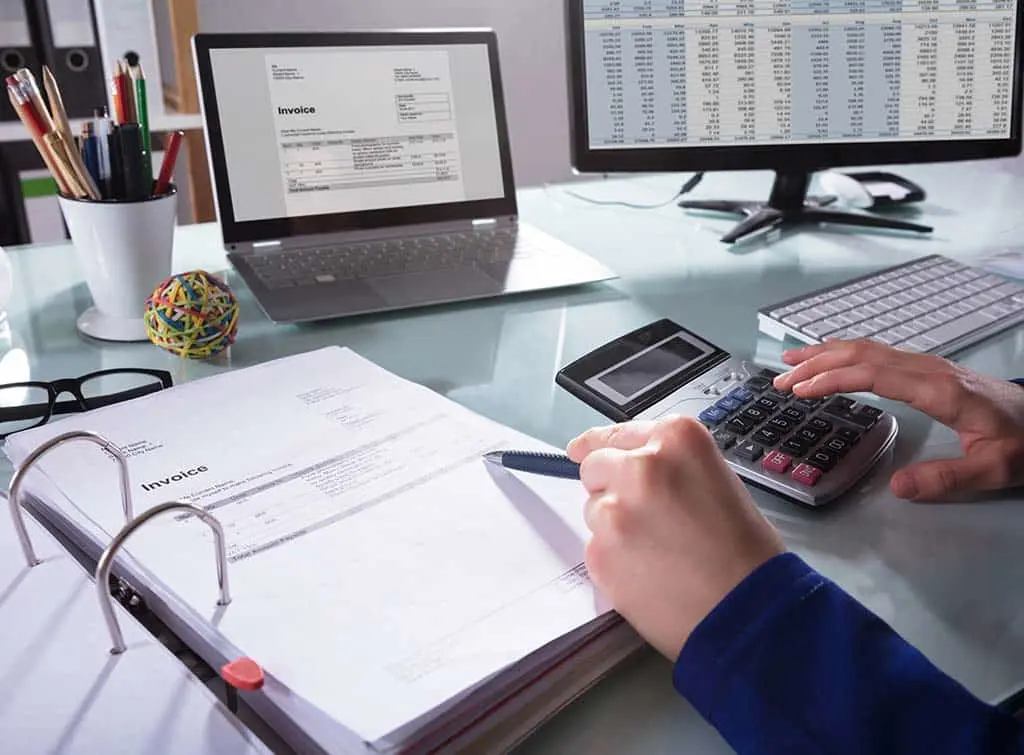
Small business accounting FAQs
Is it worth getting an accountant for my small business?
Generally speaking, if you can’t wrap your head around accounting or lack the time, you should hire an accountant.
As we’ve pointed out, they’re trained to do this for a living and will make the whole process easier.an income statement. This is a financial document showing your business income, expenses and profit (or loss).
What is the best small business accounting system?
There are lots of choices out there, all of which have different features and experiences.
However, the most popular and best-rated software for small business accounting tend to be:
Sage
FreshBooks
Xero
TrulySmall
Zoho Books
How can I understand basic accounting with so much jargon?
As with any discipline, there are a whole bunch of different terms to learn if you're trying to do your own accounting. It's another reason why hiring an accountant might be the better option!
However, we've put together a list of some of the common terms that you might need to know. After all, an accountant or bookkeeper is an expense that you may not be able to afford when you're just starting out.
Busting tax and accounting jargon
Tradespeople can’t avoid dealing with financial matters. Whether you’re a sole trader, partnership or run a limited company, tax and accounting jargon are unavoidable. For basic accounting terms and tax words, it’s helpful to have a handle on what they mean. That’s where our glossary of accounting
Get more work coming your way
Checkatrade members find more jobs and save on essentials
DISCLAIMER
This is information – not financial advice or recommendation. The content and materials featured or linked to on this blog are for your information and education only and are not intended to address your particular personal requirements. The information does not constitute financial advice or recommendation and should not be considered as such. Checkatrade website is not regulated by the Financial Conduct Authority (FCA), its authors are not financial advisors, and it is therefore not authorised to offer financial advice.
Always do your own research and seek independent financial advice when required. Any arrangement made between you and any third party named or linked to from the site is at your sole risk and responsibility. Checkatrade blog and its associated writers assume no liability for your actions.
